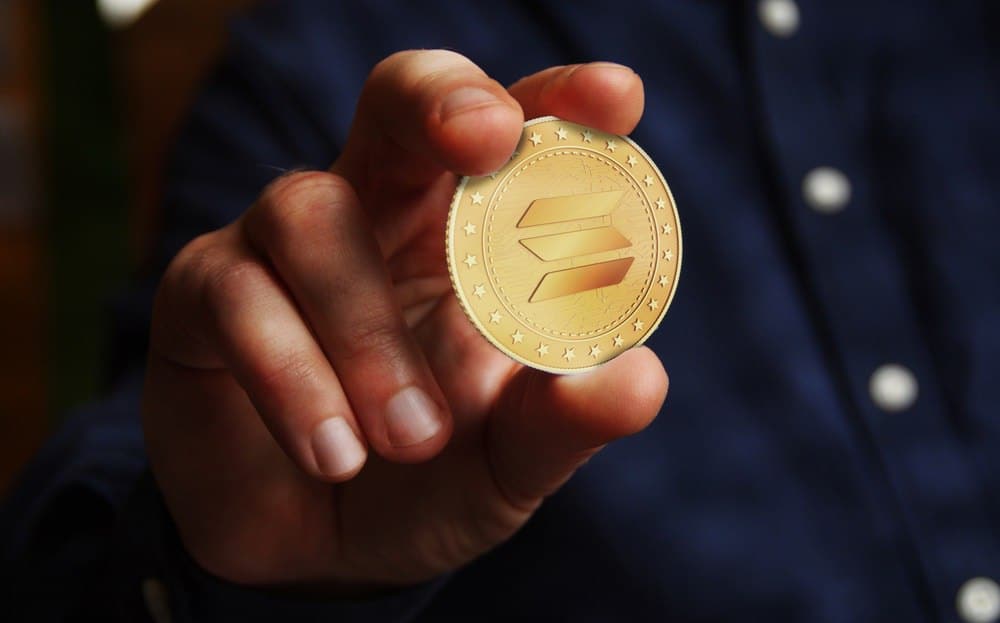Anatoly Yakovenko, Solana Labs Co-founder, acknowledges Ethereum as a market leader, adding that his team tracks its success against the Ethereum chain regarding developer adoption. He says it is interesting to see which type of developers are choosing Solana over Ethereum, pushing back against the idea that Solana is an Ethereum killer.
Yakovenko believes that the two proof-of-stake networks are so different and almost complementary in various ways. Solana is a popular chain for non-fungible tokens and dapps due to its fast transaction speed. Solana utilizes a proof-of-stake consensus algorithm just like Ethereum post-merge.
What Makes Solana Different From Ethereum?
However, unlike many proof-of-stake blockchains, Solana is considered a mixed chain as it uses a proof-of-history consensus algorithm. The purpose of proof-of-stake is to keep records of what happened in the chain and when for future reference.
Yakovenko believes Ethereum’s top Agenda is to ensure validators are significantly cheap and that developers are doing everything to achieve that. He adds that Ethereum’s sharded network and its future game plans revolve around the idea of cost-effective validation.
Solana Founder Thinks There Could be no Multi-chains in Future.
There are use cases that can run on Solana but not on Ethereum. That could be the reason why many developers are picking Solana over Ethereum. Additionally, as much as Yakovenko thinks Solana and Ethereum are complementary, he does not believe in a multi-chain future.
He says today, as you use an app, you are still aware that it got built on Solana or Ethereum. However, Yakovenko points to the expanding non-fungible token (NFT) market and the increasing number of new users entering the space daily.
He cites that the new users would not care about the blockchain they are using but instead use the “killer app” that brought them there. So it is the killer app that will define the environment and may lead to a world that is not multi-chain but something similar to cloud-based competitive distribution or Amazon Web Services.
Yakovenko acknowledges that there still might be a multi-chain world, but many transactions are likely to occur in one environment.

